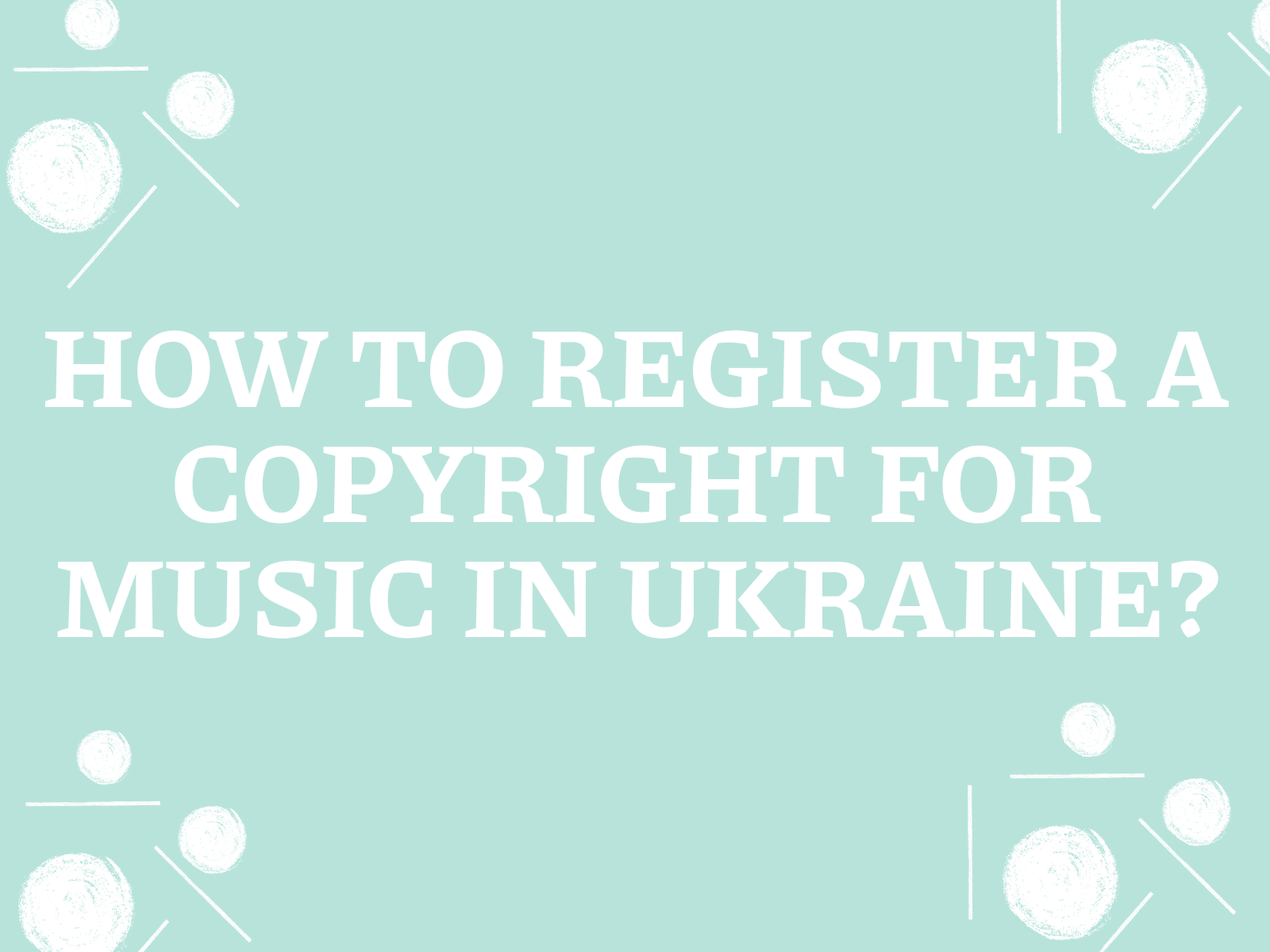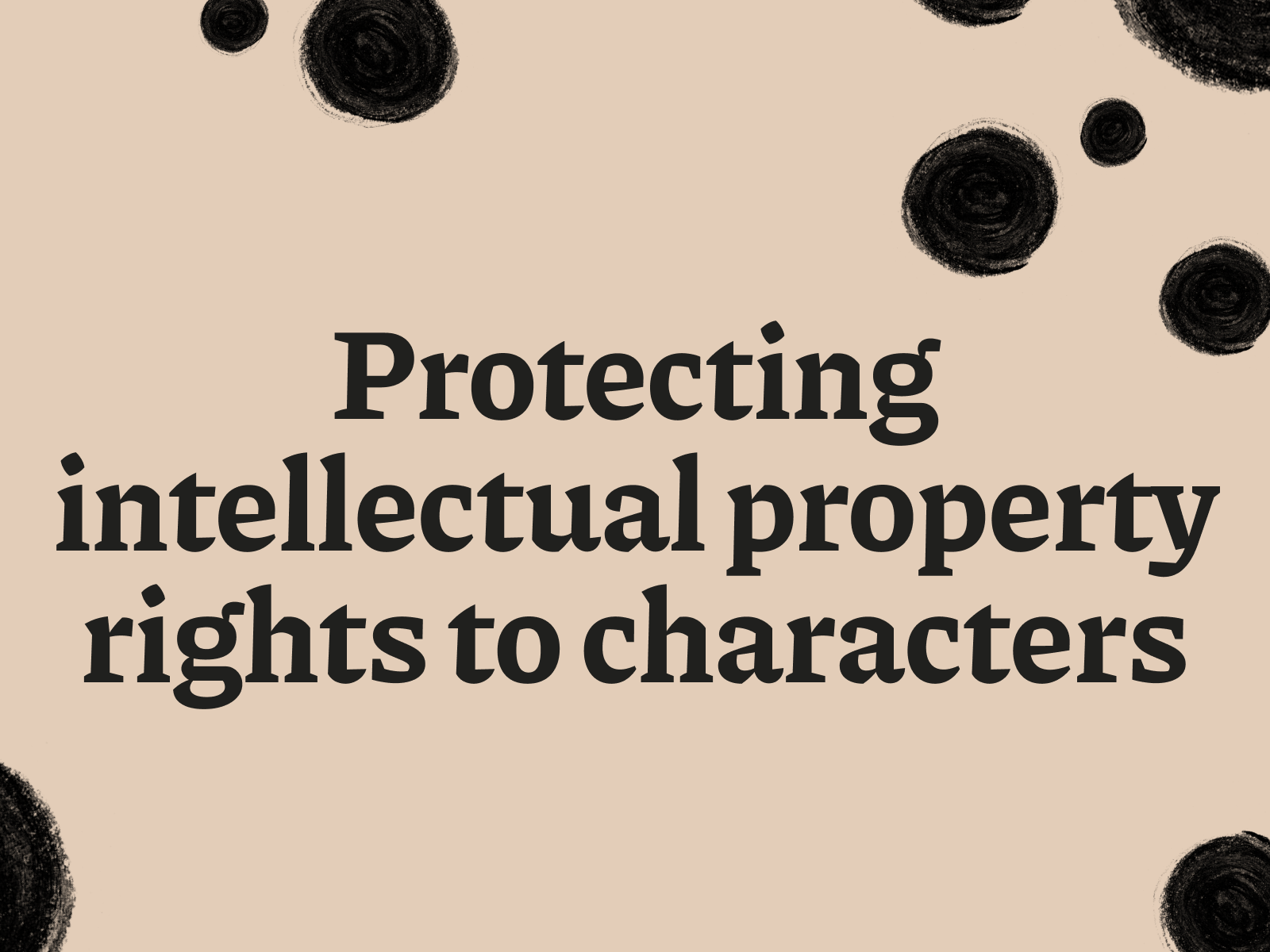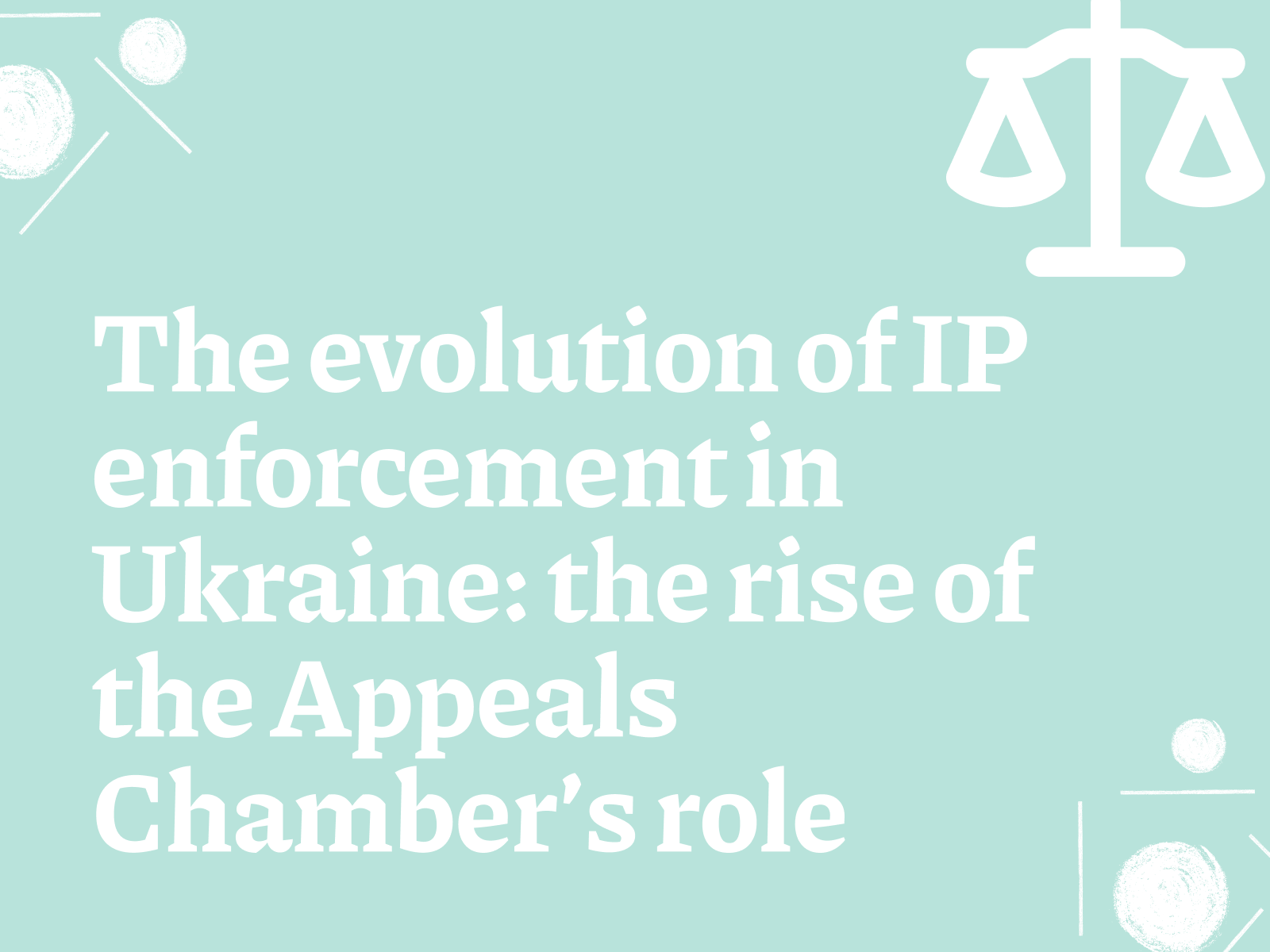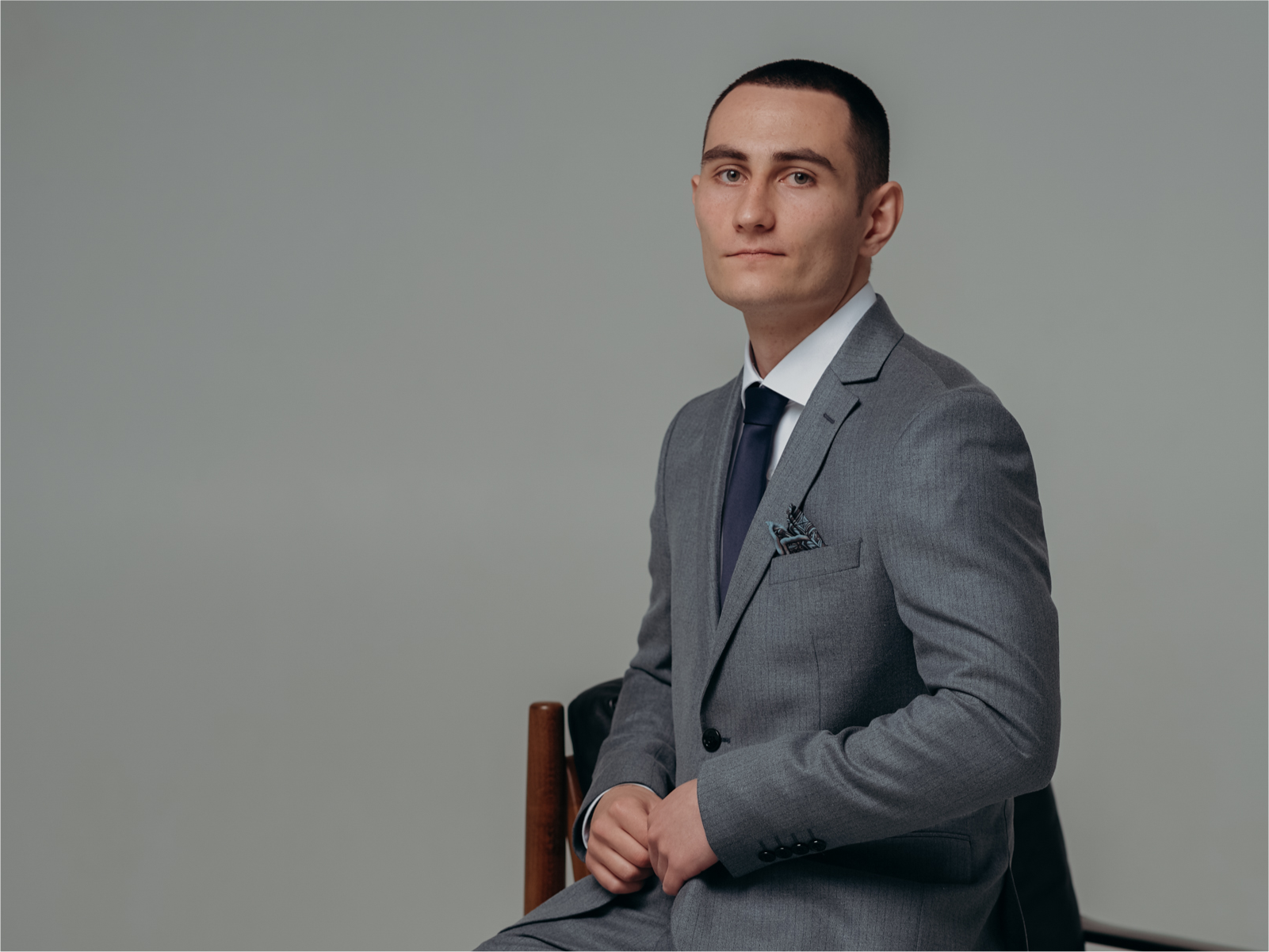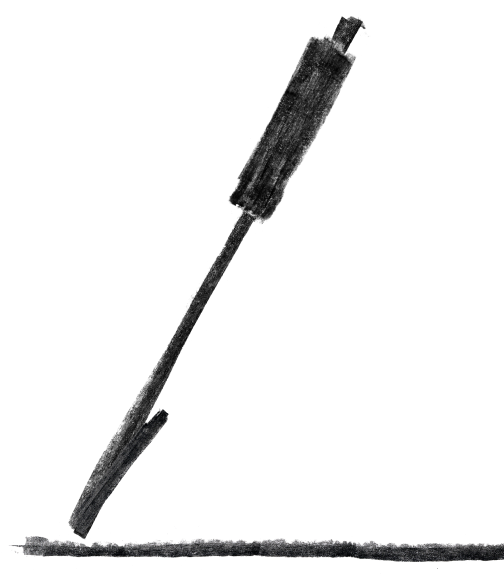In the digital age, music has become more accessible than ever before. Songs are streamed online, downloaded and distributed at incredible speeds. However, this accessibility also has a downside: the risk of music copyright infringement is growing. Ukrainian law, like international law, guarantees the protection of the rights of authors of musical works. Copyright arises automatically from the moment a work is created, and its protection is extremely important for musicians and composers seeking recognition and fair remuneration for their work. Polikarpov Law Firm, which provides services throughout Ukraine, including Kyiv, Kharkiv, Lviv, Odesa and Dnipro, will help you understand all the intricacies of protecting music copyright in the modern digital world.
What is music copyright?
Imagine that you have just written an incredible melody or touching lyrics. This is your creativity, your intellectual product. But how do you protect it from unauthorised use? How do you make sure you get the recognition and reward you deserve for your work? The answer is simple – copyright in musical works.
Before diving into the legal intricacies of copyright registration and protection, it is important to understand the very essence of this concept in relation to musical works. What exactly is protected by law? What rights does the author get? You will find answers to these and other important questions in this section.
1.1. Definition of copyright in music
Music copyright is a set of intellectual property rights belonging to the author of a musical work. This right arises automatically from the moment the work is created and does not require registration or any formalities. As soon as you create a melody, write lyrics or make an arrangement, copyright already protects your work.
What exactly gives an author copyright to music? First of all, this:
- The exclusive right to use the work as you see fit, including copying, public performance, broadcasting, distributing and processing.
- The right of authorship, that is, the right to be recognised as the author of a work and to prohibit the use of one’s name without permission.
- The right to the inviolability of the work, i.e. the right to prohibit any changes, distortions or other actions that may harm the honour and reputation of the author.
Copyright in music in Ukraine is regulated by the Law of Ukraine “On Copyright and Related Rights”. It is important to remember that ignorance of the law does not exempt from liability. Any use of a musical work without the author’s permission is a violation of his or her rights and may have serious legal consequences.
Please note that music copyright protects not the idea, but the form of its expression. This means that two songs can have a similar mood, genre or theme, but if the melody, lyrics and arrangement are different, they will be two separate works protected by copyright.
Understanding the basics of music copyright is the first step to successfully protecting your rights and interests in the music industry. Remember that your work is valuable and you have the right to protect it!
1.2. Objects of copyright in music
When we talk about copyright in music, it is important to understand what exactly is protected. protects not an abstract idea, but a specific form of its expression.
So, what exactly are the elements of a musical work protected by copyright?
- Melody: it is the basis of a musical work, its unique sequence of sounds and rhythmic pattern. Even a small melodic phrase can be subject to copyrightif it is original and reflects the creative contribution of the author.
- Song lyrics: if a musical work contains a verbal component, i.e., song lyrics, it is also protected by copyright. This applies to both the full text and its individual fragments, if they are original.
- Arrangement: an arrangement is a way of adapting and orchestrating a piece of music for different instruments or voices. The copyright for an arrangement may belong to both the author of the original work and the arranger if his work is sufficiently independent and creative.
- Recording: it is important to distinguish between the copyright in a musical work and the related right to a sound recording. The copyright in a musical work belongs to the author of the music and/or lyrics, and the related right to a sound recording belongs to the producer of the phonogram (usually a recording studio).
It is important to note that copyright does not cover ideas, concepts, genres, musical styles or technical means of creating music. For example, you cannot copyright the idea of writing a love song, but you can copyright the original melody, lyrics, and arrangement of that song.
Understanding which elements of a musical work are protected by copyright twill help you to effectively protect your rights and avoid troubles related to infringement of the rights of other authors.
Copyright registration for music
Is it mandatory to register copyright in music in Ukraine? Will such registration provide additional benefits to the author? In this section, we will dispel common myths and take a closer look at the procedure for registering copyrights to musical works in Ukraine.
2.1. Is registration mandatory?
One of the most common myths about copyright is that a work must be registered to be protected. This is not true. In Ukraine, as in most countries of the world, the principle of automatic protection of copyright is in force. This means that copyright in a musical work arises automatically from the moment of its creation and does not require any registration or other formalities.
However, despite the fact that registration of copyright in music is not mandatory in Ukraine, it has a number of advantages that may be useful to the author in case of disputes:
- Simplifying the proof of authorship: the presence of a copyright registration certificate is a strong evidence in court that confirms the authorship and date of creation of the work.
- Facilitating the protection of rights: in case of copyright infringement, the owner of the registration certificate has a stronger position in court and can claim more compensation.
- Contracting: many companies and organisations working with music prefer to work with authors who have registered copyrights to their works.
- International protection: although registration of copyright in Ukraine does not guarantee automatic protection in other countries, it can be used as evidence of authorship and date of creation of a work in foreign courts
A licence agreement concluded with the use of a work whose copyright is registered will also have greater legal weight.
Thus, although registration of copyright in music in Ukraine is not mandatory, it is recommended. It provides the author with additional legal tools to protect their rights and interests.
If you decide to register copyright for your musical work, you should contact the competent authority in Ukraine dealing with intellectual property issues.
2.2. Registration procedure
Did you decide to register copyright for your musical work and get all the benefits of copyright registration for a musical work? The registration procedure in Ukraine is quite simple and straightforward, but requires attention to detail.
Here is a step-by-step description of the process of registering copyright in a musical work in Ukraine:
- Preparation of documents:
o Application for copyright registration of a work.
o Document identifying the work (sheet music, audio recording, lyrics)..
o Document confirming the payment of the state fee.
- Submission of documents: Documents can be submitted in person, through a representative or by mail to the competent authority in Ukraine – the Copyright and Related Rights Agency.
- Formal examination: After receiving the documents, the Institution conducts a formal examination, during which the correctness of the documents and the availability of all necessary data are checked.
- Registration and issuance of a certificate:If no violations are found as a result of the formal examination, the Institution registers the copyright and issues a certificate of copyright registration to the applicant.
It is important to note that copyright in a musical work arises from the moment of its creation. Registration only confirms this fact and provides the author with additional legal guarantees.
If you have any difficulties with the registration of copyright in music, please contact the specialists of Polikarpov Law Firm. We provide professional legal services in the field of intellectual property and will help you protect your rights to musical works.
Music contracts and copyright
Creating and performing music is not only creative, but also a business. And as in any business, it is important to properly formalise relationships with other market participants. In this section, we will look at the main types of music copyright agreements and the key points to consider.
3.1. Licence agreement
A licence agreement is an agreement under which an author (licensor) grants another person (licensee) the right to use his or her work under certain conditions. In the context of the music industry, licensing agreements are a common practice that allows authors to monetise their work and other parties to legally use musical works for various purposes.
There are several types of licence agreements for the use of music, among which the most common are:
- Exclusive licence: gives the licensee the exclusive right to use the work within certain limits (territory, term, methods of use), excluding the possibility of granting similar rights to other persons, including the author himself.
- Non-Exclusive Licence: allows the author to grant the right to use the work to an unlimited number of persons, while retaining the right to use the work themselves and grant licences to others.
The key terms of the licence agreement that you should pay attention to are
- Subject of the agreement: a clear definition of the work to be licensed (title, author, duration, etc.)
- Licence term: indicates the period during which the licensee has the right to use the work.
- Territory of the licence: determination of the geographical boundaries within which the work is allowed to be used.
- Ways of using the work: a specific list of ways of using the work (e.g., public performance, making copies, adaptation, etc.).
- Amount and procedure for payment of remuneration: a clear definition of the amount of royalties (royalties, fixed amount) and the procedure for its payment.
How to properly execute a music use agreement? We recommend that you contact lawyers specialising in intellectual property.
Polikarpov Law Firm’s specialists will help you develop a licence agreement that will meet your interests and protect your rights to musical works.
Remember that a licence agreement is an important legal document that regulates the relationship between the author and the user of a work.
A properly drafted licence agreement is the key to successful cooperation and mutually beneficial relations in the music industry.
3.2. Agreement for the Creation of a Musical Work
The music industry often needs to create music to order. This can be a film soundtrack, an advertising jingle, a song for a performer, or another piece of music that must meet certain requirements. In such cases, it is important to properly formalise the relationship between the customer and the author of the future work to avoid misunderstandings and copyright disputes.
A contract for the creation of a musical work is an agreement under which the author (performer) undertakes to create a musical work to order for a certain remuneration, and the customer undertakes to pay this remuneration and accept the work performed.
Here are the key aspects of a songwriting contract and other music works that you should pay attention to:
- Contract subject: a detailed description of the musical work to be created (genre, style, duration, vocals, language of the lyrics, etc.
- Term of performance: a clear definition of the period during which the author undertakes to create and deliver the work to the customer.
- Author’s remuneration: the amount, procedure and terms of payment of remuneration for the creation of a work (fixed amount, royalties).
- Rights to use the work: detailed definition of the customer’s rights to use the work (territory, methods, validity period) and the terms of their transfer (exclusive/non-exclusive licence).
- Ownership of the work: determining who owns the copyright to the created work (author, customer or jointly) and the conditions for disposing of this right.
A songwriting contract and other music content, like other intellectual property contracts, requires careful drafting.
If you are planning to order the creation of a musical composition or are authors who have received an offer of cooperation, please contact the lawyers of Polikarpov Law Firm. We will help you to develop an agreement for the creation of a musical composition that will protect your interests and meet the requirements of the law.
Conclusion.
Music copyright protection in Ukraine is not just a legal requirement, but a necessity for every musician and composer who wants to develop their creativity and build a successful career. Understanding the main provisions of the law, the copyright registration procedure and the specifics of concluding contracts will help you avoid many problems and ensure proper protection of your rights to musical works. If you have any questions, please contact the team of professionals at Polikarpov Law Firm – we will help you understand all the intricacies of intellectual property and protect your rights to music.
Can I use a famous melody in my musical work without the author's permission? What is fair use and does it apply in Ukraine
Using a famous melody in your work without the author’s permission can be considered a copyright infringement even if you have changed some notes or added your own lyrics. Ukrainian law, like most jurisdictions around the world, protects the rights of authors to their works, including musical ones.
However, there are some exceptions to this rule.
“Fair use”(or “fair dealing”) is a legal principle that allows the use of copyrighted works without the author’s permission under certain circumstances. For example, for criticism, commentary, news reporting, teaching, or research.
Important: In Ukraine, there is no direct analogue of the fair use principle. Instead, the Law of Ukraine “On Copyright and Related Rights” provides for restrictions of copyright, which in some cases allow free use of works without the author’s consent and without payment of remuneration.
These restrictions include:
- Citation: it is allowed to quote excerpts from works to the extent justified by the purpose of the quotation, with the obligatory indication of the author’s name and source of borrowing.
- Use of works in the educational process: it is allowed to use works for illustration in the educational process, provided that the author’s name and source of borrowing are indicated.
- Use of works for creation of parodies: it is allowed to use works for creation of parodies without the author’s consent.
It is important to remember that:
- Copyright restrictions have their limits, and not every use of a work without the author’s permission can be considered legal.
- Even when a work is used freely, the author’s personal non-property rights, such as the right to authorship and the right to inviolability of the work, must be respected.
Recommendation:
If you are in doubt whether you can use a particular melody in your work without the author’s permission, the best solution is to contact a lawyer specialising in intellectual property matters. A specialist will help you determine whether your use of the work is subject to copyright restrictions or whether you need to obtain the author’s permission.
I found my song on another person's YouTube channel. What should I do if someone uses my music illegally
Finding your music being used without permission on the Youtube platform can be confusing and outrageous. However, it is important to act consistently and decisively to protect your copyright.
Here are the steps you can take:
- Gather evidence:
- Take screenshots of the page on Youtube where your music is posted without permission, recording the date and time.
- Save a copy of the video to your device while it is available.
- If possible, please specify the number of video views.
- Gather any other evidence that supports your authorship (drafts, demos, witness statements, etc.).
- Contact the violator:
- Send the infringer a notice via Youtube’s Report, indicating that your music is being used illegally. Youtube has a procedure for handling copyright infringement complaints.
- You can also try to contact the infringer directly via personal messages on Youtube or email, if such information is available. Explain the situation and demand immediate removal of your music.
- Connect with Youtube:
If the infringer has not responded to your notification, file a formal copyright complaint with Youtube. It should include detailed information about your music, a link to the infringing video, and proof of your authorship.
- Contact a lawyer:
If the measures taken did not lead to the desired result, or if you want to receive compensation for the damage caused, please contact a lawyer specialising in intellectual property issues.
Important:
- The sooner you respond to a violation, the easier it will be to protect your rights.
- Keep copies of all correspondence with the infringer and Youtube.
Remember:
You have the legal right to protect your work. Don’t be afraid to defend your interests and seek professional help.
What amount of royalties is considered fair when entering into a licensing agreement for a musical work
The question of the fair amount of royalties when entering into a licence agreement for a musical work does not have a clear answer, as it depends on many factors.
Here are some of them:
- Type of licence: The royalty for an exclusive licence, which grants broader rights to the licensee, is usually higher than for a non-exclusive licence.
- Use cases: The use of music for commercial purposes (e.g. advertising) is valued more than the use for non-commercial purposes (e.g. amateur video).
- Famousness of the work and author: Royalties for using works by famous authors are usually higher.
- Licence validity period: The longer the period, the higher the royalty amount can be.
- Licence territory: A licence to use a work in a large territory (for example, a worldwide licence) provides for higher royalties.
- Individual agreements between the parties: The author and the licensee may agree on a fixed amount of remuneration, a percentage of profit, or another form of payment.
Benchmarks:
- Legislation: The Law of Ukraine “On Copyright and Related Rights” sets minimum rates of royalties, but they are quite low and rarely used in practice.
- Market Rates: There are specialised collective management organisations (CMOs) that set recommended royalty rates for different uses of works. Familiarisation with these rates can be a useful guide.
- Contracting practice: The experience of lawyers specialising in intellectual property will help determine a fair royalty amount based on a particular situation.
Important:
- Don’t be afraid to discuss:It is important to openly discuss royalty issues with the licensee and defend your interests.
- Consult a specialist:A lawyer will help you develop a favourable contract for you and avoid unpleasant surprises in the future.
Remember that establishing a fair royalty rate is the key to mutually beneficial cooperation and development of the music industry.
Can I register a copyright for music I created with another person? How do I do this
Yes, you can register a copyright for music you created with another person. In this case, you become co-authorsand your rights to the work are regulated by the Law of Ukraine “On Copyright and Related Rights.”
Here are the main points worth knowing:
- Types of co-authorship:
- Joint authorship: when it is impossible to distinguish the contribution of each author separately (for example, you wrote the music and lyrics together).
- Collective authorship: when a work consists of separate parts created by different authors that can be used independently or as part of a collection (for example, a music album where each song is written by a different author).
- Copyright registration:
- When registering a work created in co-authorship, the application must specify the names of all co-authors and their contribution to the creation of the work.
- A copyright registration certificate is issued in the name of all co-authors.
- Use of the work:
- Each of the co-authors has the right to use the work at their own discretion, but only to the extent that they have created it themselves.
- To use the work as a whole, the consent of all co-authors is required.
- The remuneration for the use of a work shall be distributed among the co-authors in accordance with their contribution to the creation of the work, unless otherwise provided by an agreement between them.
How to register copyright for a work created in collaboration:
- Prepare the following documents:
o An application for copyright registration for the work (indicating all co-authors and their contributions).
o Document identifying the work (sheet music, audio recording, lyrics).
o Document confirming the payment of the state fee.
- Submit documents: in person, through a representative or by mail to the Copyright and Related Rights Agency.
Important:
- It is recommended to conclude an agreement between the co-authors, which clearly defines the procedure for using the work and the distribution of remuneration.
- Consulting a lawyer will help to avoid misunderstandings and protect the interests of all co-authors.
Do I need a music producer to protect my copyright? What is the role of legal support in the music industry
A music producer and a lawyer are professionals from different fields who perform different functions in the music industry. While a music producer may have some knowledge of copyright, they are no substitute for legal counsel, especially when it comes to protecting your rights.
The role of a music producer:
- Creative support: assistance in creating, arranging and recording music, searching for musicians, recording studios, etc.
- Promotion: Promote your music on the market, find contacts with labels, organise concerts, etc.
The role of a lawyer in the field of intellectual property:
- Consultations: Explanation of copyright law, your rights and obligations as an author.
- Copyright registration: Preparation and submission of documents for copyright registration for your works.
- Drafting contracts: drafting licence agreements, agreements for the creation of musical works, other agreements in the field of intellectual property.
- Protection of rights:representation of your interests in case of copyright infringement, negotiations with infringers, judicial protection.
Conclusion:
While a music producer can be an important partner in your music career, legal support is essential to protect your copyright and interests.
Consulting a lawyer will help you:
- Avoid mistakes: that can cost you money and the rights to your work.
- Provide legal clarity: in your relationships with other music industry participants.
- Concentrate on creativity: without being distracted by legal issues.

